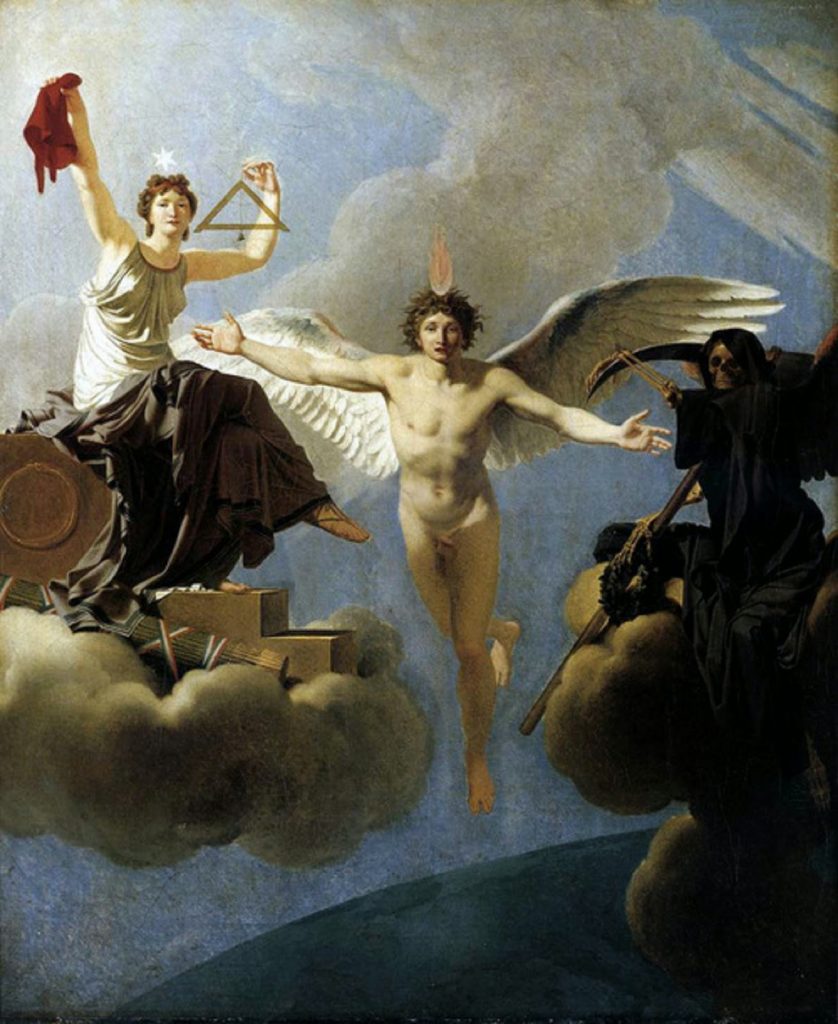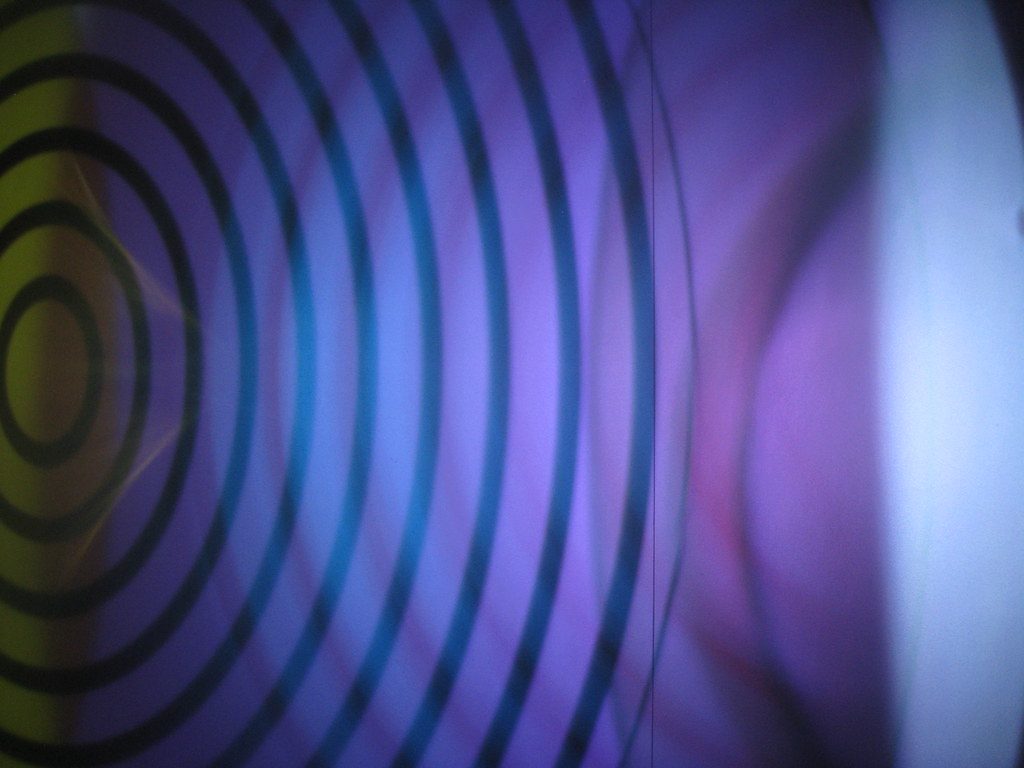We The “Peoples” | The UN at 75
Throughout the ages, humanity has been advancing on a winding path towards higher degrees of maturity. The well-being of humankind is not static; it requires ever greater degrees of commitment to fulfilling ever increasing ambitions. At each stage, even significant advances may prove inadequate. And it is in these moments of great crisis when humanity is called on, by virtue of the prevailing circumstances, to reconsider its trajectory. Largely, though not exclusively, driven by enormous tragedy, these moments are significant in the narrative of human progress. They become key markers, elements of our unfolding story—though, their historical import may be difficult to discern at the time. Few could have predicted, for instance, the extent and effect of either of the World Wars at their outset—yet the duration and depth of both tragedies gave rise to new conceptions of global governance, as seen in the emergence of the League of Nations and United Nations, respectively.
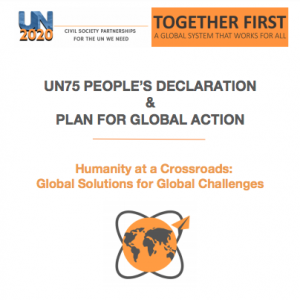
At this, the 75th Anniversary of the United Nations, the world is seeing yet another collective tragedy unfolding in COVID-19, its effects analogous to that of a war, though of a different form. And many predict that it presages additional global calamities. Like previous historic inflection points, a robust dialogue on the future of humanity is needed. The People’s Declaration and Program for Global Action adopted at the UN75 People’s Forum in May is one contribution to this necessary global discourse. Completed before the Declaration to be adopted by world leaders later this month, it offers an approach to the global problems we face that goes beyond the confines of political boundaries. Speaking in the voice of “we the peoples”, it analyzes the reality of the world in which we live, articulates the needs of humanity in light of that reality, and lays out a process by which those needs can be met. It turns to the UN in its current form as a starting point for further iteration, but challenges some of the underlying assumptions which, although helpful at the inception of the UN, have shown their limitations in light of present circumstances.
The People’s Declaration was put together through a process of collecting perspectives from a wide range of voices around the world and identifying points of convergence at the highest level of consensus. Recognizing that “progress depends on universal participation” and that “the advance of one leads to the advance of all,” by harmonizing our diverse perspectives we hope to help humanity walk a path towards greater flourishing.
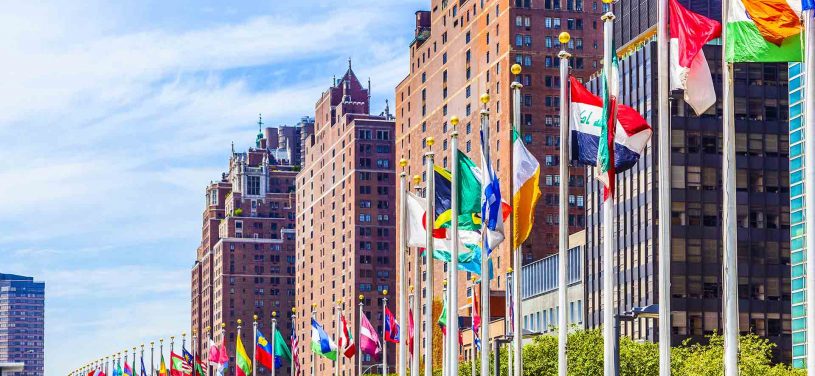
The hope is that significant change at this time of profound transition can be ushered in without comparable degrees of suffering. Through a lively and growing discussion, we hope to articulate a compelling vision for humanity, one that describes a destiny in which our highest aspirations find expression. While the great sacrifices that led to the League of Nations and the United Nations can be measured in the immense loss of life, let us commit to bringing about a more just and equal world through only the loss of outworn ideas and narrow self-interest.
THE WAY FORWARD
In order to advance a conversation on the future of humanity, there are certain necessary preconditions. First, and most importantly, we must acknowledge that we do not have a system for global governance suited to today’s needs and that we do not know what that system will look like. Logically, this leads to acknowledging a second point: humanity’s interconnectedness, oneness and, accordingly, our shared destiny. This is what distinguishes the modern era from any time that preceded it.
Third, certain values in pursuit of equality and dignity must increasingly guide our behavior: the search for truth, trustworthiness, justice, honesty, integrity, to list a few. Finally, as consensus around these three points is consolidated, substantive dialogue and experimentation around new arrangements of governance can take place.
Specific reforms have been presented time and again, but they often meet resistance—often for reasons of territorial sovereignty. By looking at areas of the UN where the ceding of sovereignty has produced useful results (e.g. technical bodies like the International Telecommunication Union and the International Civil Aviation Organization), similar measures could help serve to strengthen the hand of those trying to enact reforms of the peace and security architecture, or the climate and environmental institutions. More dramatic ideas, like a global tax body, a standing reserve force, or a World Parliament would be well served by further discussion and the broadening of consensus. This 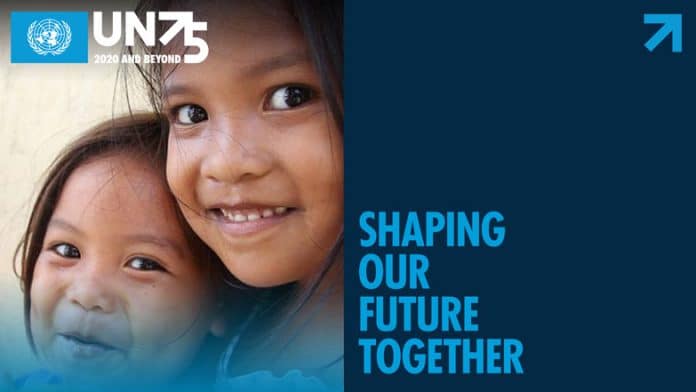 historic UN anniversary, coincident with the unfortunate nexus of cascading global crises, lends an opportunity for sustained deliberations about the next steps in humanity’s efforts towards just governance at all levels.
historic UN anniversary, coincident with the unfortunate nexus of cascading global crises, lends an opportunity for sustained deliberations about the next steps in humanity’s efforts towards just governance at all levels.
Ultimately, humanity requires a global structure that is as integrated and comprehensive as the global realities it faces. While its implementation may seem out of reach at the moment, as Nelson Mandela famously said, “it always seems impossible, until it’s done.” So let’s get to work.



